As a horse owner or enthusiast, understanding your equine companion's water needs is crucial for their well-being. While horses are resilient animals, the question of "how long can horses go without water" is one that demands careful consideration. In this comprehensive guide, we'll delve into the intricate relationship between horses and hydration, exploring the factors that influence their water requirements and the potential consequences of dehydration.
The Importance of Water for Horses
Water is essential for every living being, and horses are no exception. It plays a vital role in numerous bodily functions, including digestion, temperature regulation, and the transportation of nutrients and waste products. Without adequate water intake, horses can rapidly succumb to dehydration, leading to severe health issues and potentially life-threatening situations.
Factors Affecting a Horse's Water Needs
Several factors contribute to a horse's water requirements, making it challenging to provide a one-size-fits-all answer to the question of how long can horses go without water. These factors include:
- Activity Level: Horses engaged in strenuous activities, such as intense exercise or work, will require more water to compensate for the fluids lost through sweat and increased respiration.
- Environmental Conditions: Hot and humid weather can significantly increase a horse's water needs, as they lose more fluids through sweating and evaporative cooling.
- Diet: Horses consuming dry hay or high-fiber diets may require more water to aid in digestion and prevent impaction colic.
- Age and Health Status: Younger horses, lactating mares, and horses with certain health conditions may have higher water demands.
- Individual Variation: Like humans, each horse is unique, and their water requirements can vary based on individual differences in metabolism, behavior, and overall physiology.
The Consequences of Dehydration in Horses
Depriving horses of water for an extended period can have severe and potentially life-threatening consequences. Some of the most common signs and effects of dehydration in horses include:
- Decreased Performance: Dehydration can lead to fatigue, reduced endurance, and impaired athletic performance.
- Impaired Digestion: Insufficient water intake can disrupt the digestive process, leading to issues like colic and impaction.
- Electrolyte Imbalances: Dehydration can cause an imbalance in essential electrolytes, such as sodium, potassium, and chloride, which are crucial for muscle function and nerve transmission.
- Organ Damage: Severe dehydration can strain vital organs like the kidneys, liver, and heart, potentially leading to organ failure in extreme cases.
- Behavioral Changes: Dehydrated horses may exhibit signs of lethargy, depression, and irritability.
Determining a Safe Water Deprivation Period
While the exact timeframe for how long can horses go without water varies depending on the factors mentioned above, most experts agree that horses should not be deprived of water for more than 24 hours. Here's a general guideline:
- 12 Hours: After 12 hours without water, horses may begin to show signs of mild dehydration, such as decreased skin elasticity and slightly elevated heart rates.
- 24 Hours: At the 24-hour mark, dehydration becomes more severe, with horses exhibiting signs like sunken eyes, dry mucous membranes, and increased lethargy.
- 36-48 Hours: Beyond 36 hours without water, the risk of life-threatening complications, such as organ failure and metabolic disturbances, increases significantly.
It's important to note that these timeframes are approximate and can vary based on individual circumstances. It's always best to err on the side of caution and provide horses with access to fresh, clean water at all times.
Meeting a Horse's Water Needs
To ensure your horse's hydration needs are met, consider the following tips:
- Provide Constant Access to Water: Horses should have access to clean, fresh water at all times, both in their stalls and pastures.
- Monitor Water Intake: Keep an eye on your horse's water consumption and make adjustments as needed based on their activity level, diet, and environmental conditions.
- Offer Electrolyte Supplements: During periods of intense exercise or heat stress, providing electrolyte supplements can help replenish lost minerals and encourage water intake.
- Check Water Sources Regularly: Ensure that water sources are clean, free of contaminants, and functioning properly.
- Consider Alternative Water Sources: In situations where traditional water sources are unavailable, consider providing alternative sources like electrolyte-rich fluids or soaked hay cubes.
By understanding the critical importance of water for horses and implementing proper hydration practices, you can help ensure the health and well-being of your equine companions.
Quotes and Expert Insights
Here are some insightful quotes from renowned equine experts and veterinarians on the topic of horse hydration:
"Water is the most essential nutrient for horses, and even a brief period of dehydration can have serious consequences." - Dr. Carolyn Stull, University of California, Davis
"Horses are highly sensitive to changes in their water intake and can quickly become dehydrated, especially in hot and humid conditions." - Dr. Amanda Marteniuk, Florida Equine Veterinary Associates
"Providing constant access to clean, fresh water is one of the most critical responsibilities of horse owners." - Dr. Nettie Stevens, Virginia-Maryland College of Veterinary Medicine
Potential Cost Savings and Profit Projections
Ensuring proper hydration for horses not only safeguards their health and well-being but can also lead to significant cost savings and potential profits for horse owners and equine businesses. Here are some potential benefits:
- Reduced Veterinary Costs: By preventing dehydration-related health issues, horse owners can avoid costly veterinary bills and treatment expenses.
- Improved Performance: Well-hydrated horses are better equipped to perform at their peak, potentially leading to increased success in competitions and events, translating into higher prize earnings or stud fees.
- Increased Longevity and Resale Value: Properly hydrated horses are likely to have a longer lifespan and maintain their overall condition, which can lead to higher resale values for breeding or competition purposes.
- Operational Efficiency: For equine businesses, such as stables or training facilities, ensuring proper hydration can improve operational efficiency by reducing downtime and maximizing the productivity of their equine assets.
By investing in proper hydration practices and implementing effective water management strategies, horse owners and equine businesses can potentially realize significant cost savings and increased profitability over the long term.
Frequently Asked Questions
Q1: Can horses drink too much water?
A1: While it's rare, it is possible for horses to consume excessive amounts of water, a condition known as water intoxication or hyponatremia. This can occur if a horse drinks large quantities of water in a short period, diluting the sodium levels in their blood. Symptoms may include lethargy, muscle tremors, and seizures. Providing access to salt or electrolyte supplements can help prevent this issue.
Q2: How can I encourage my horse to drink more water?
A2: There are several strategies to encourage horses to drink more water, including offering fresh, clean water at all times, providing salt or electrolyte supplements, and adding flavor enhancers like apple cider vinegar or molasses to their water. Additionally, ensuring their water sources are easily accessible and free from contaminants can promote increased water intake.
Q3: Can dehydration cause colic in horses?
A3: Yes, dehydration is a significant risk factor for colic in horses. When horses don't consume enough water, their digestive system can become impaired, leading to impaction colic and other gastrointestinal issues. Maintaining proper hydration is crucial for preventing colic and promoting overall digestive health.
Q4: Can certain medications affect a horse's water needs?
A4: Absolutely. Certain medications, such as diuretics, corticosteroids, and non-steroidal anti-inflammatory drugs (NSAIDs), can increase a horse's water requirements.






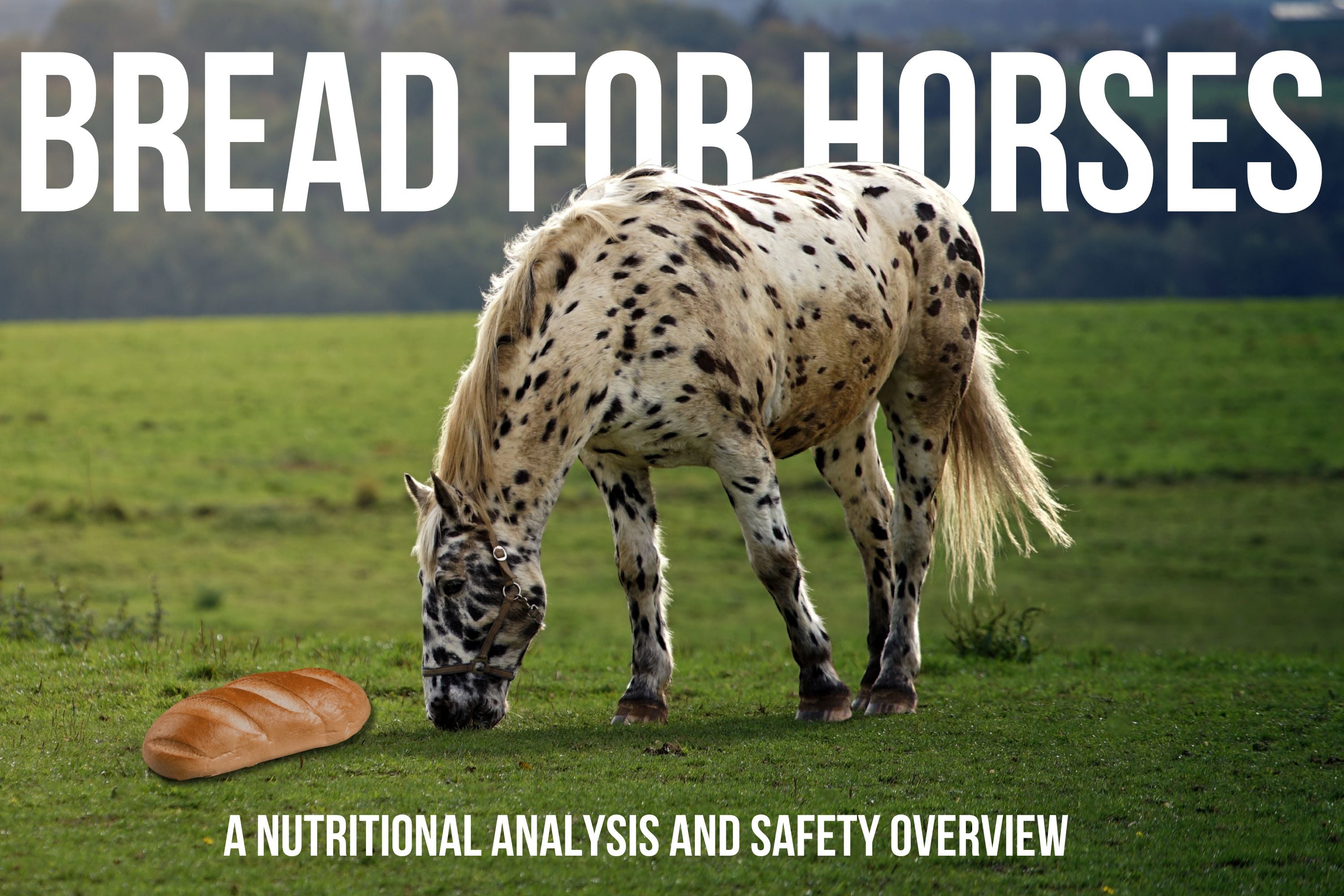


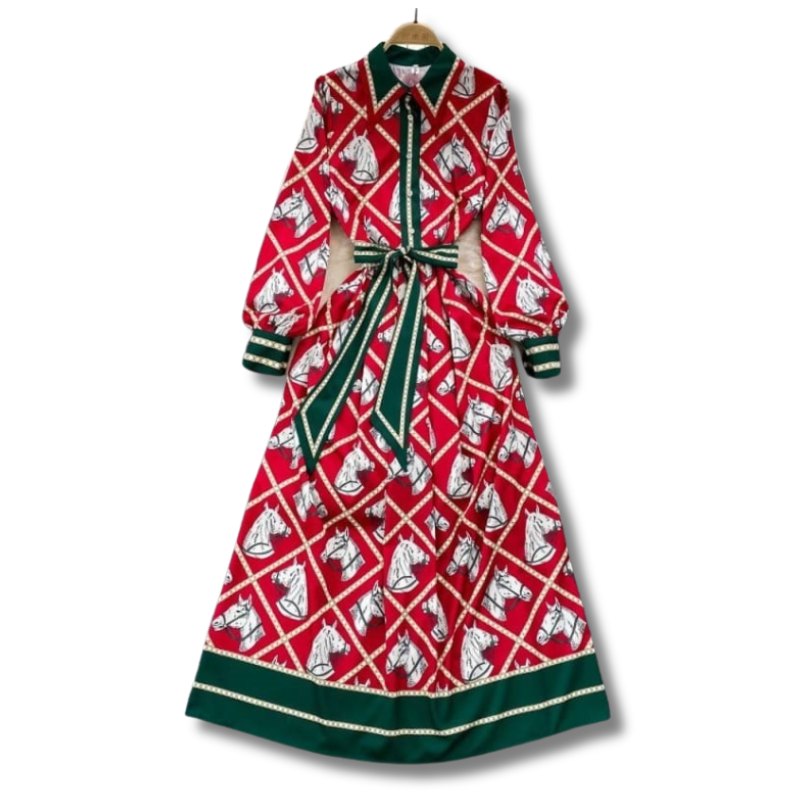









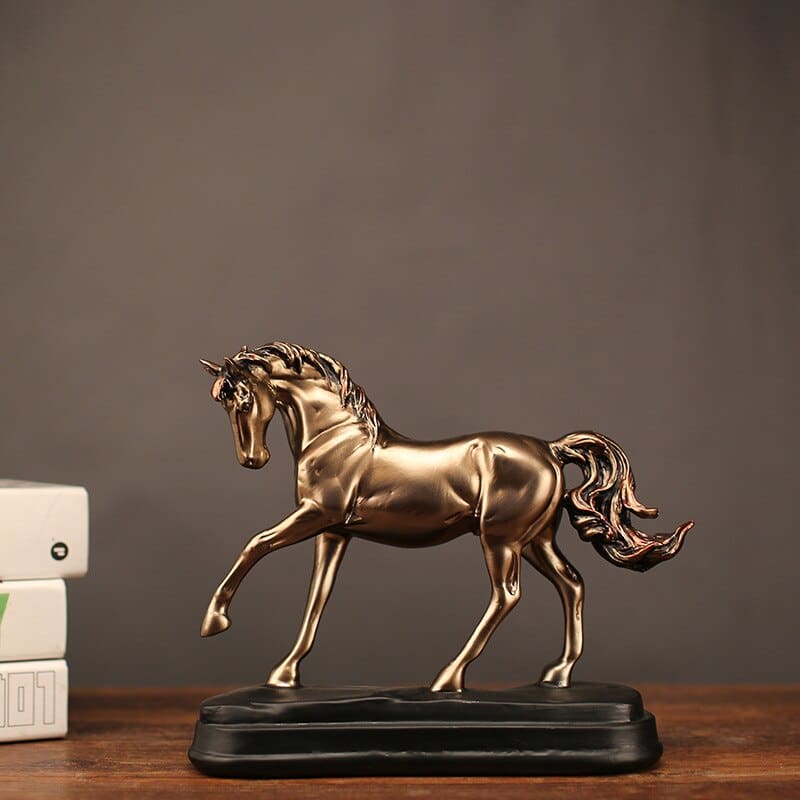
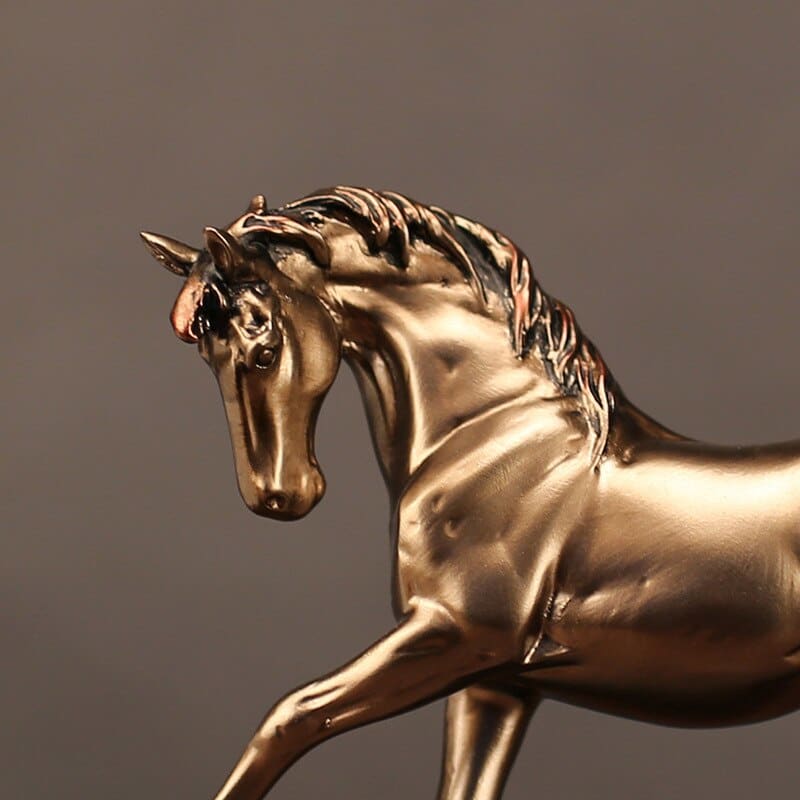
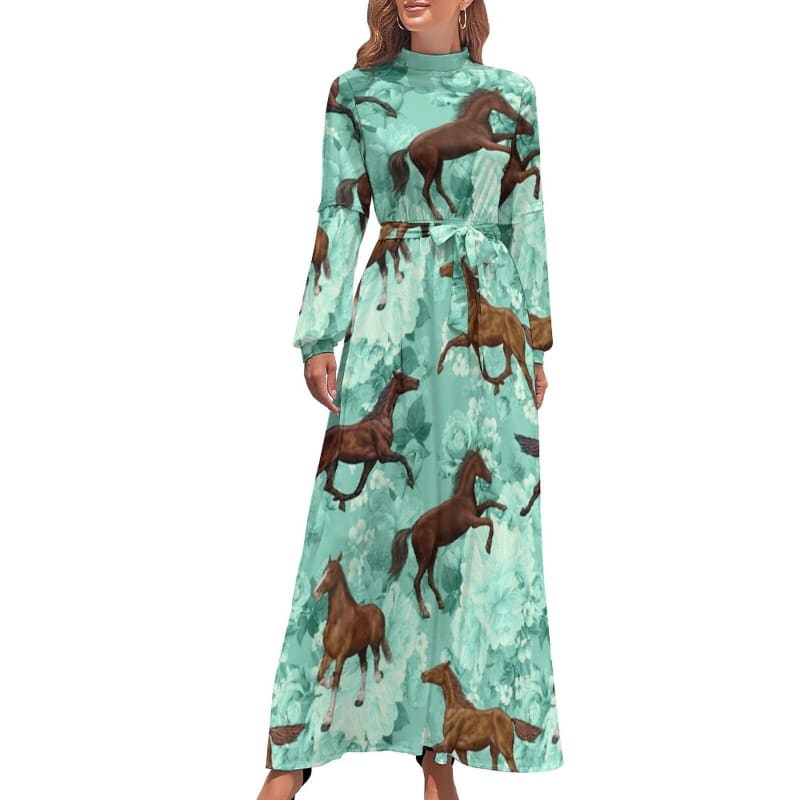

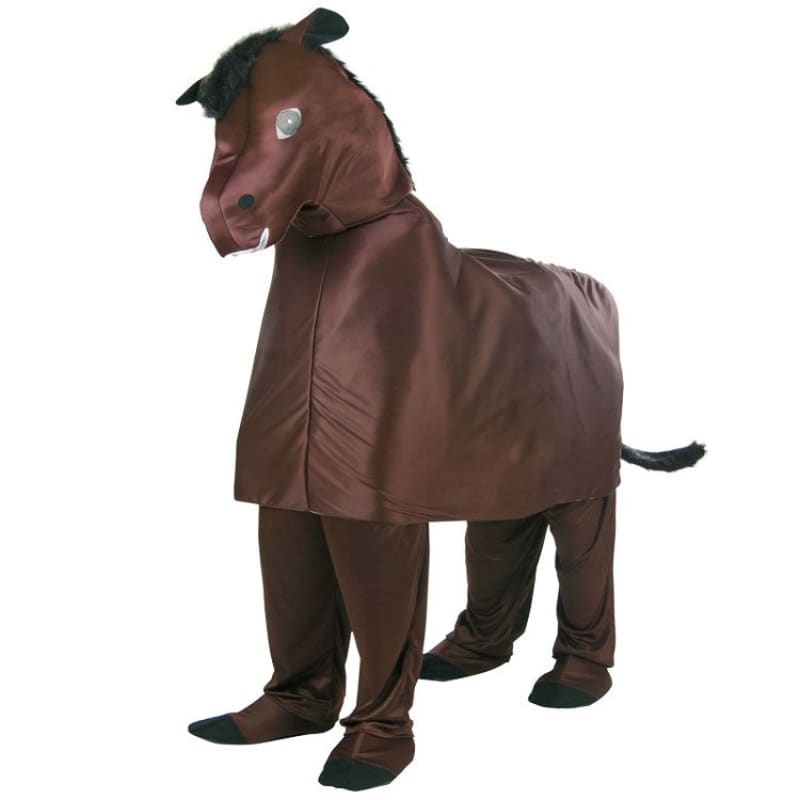

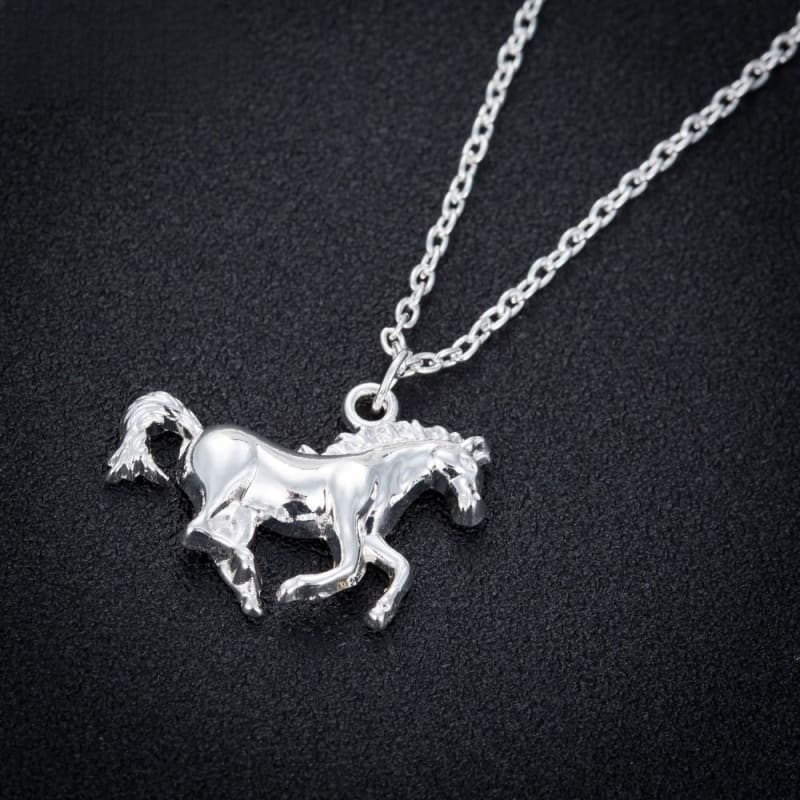


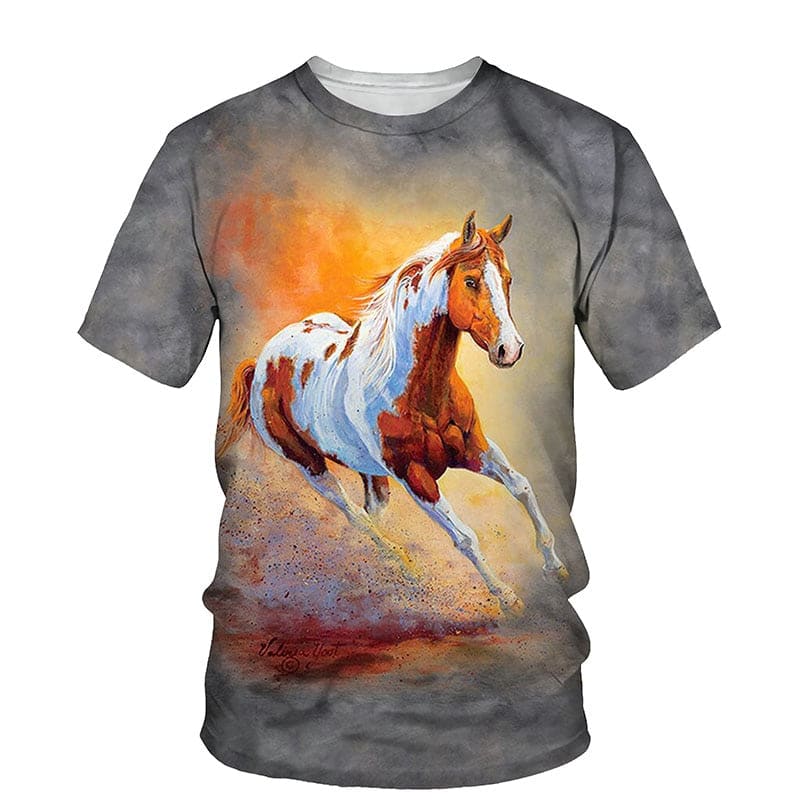
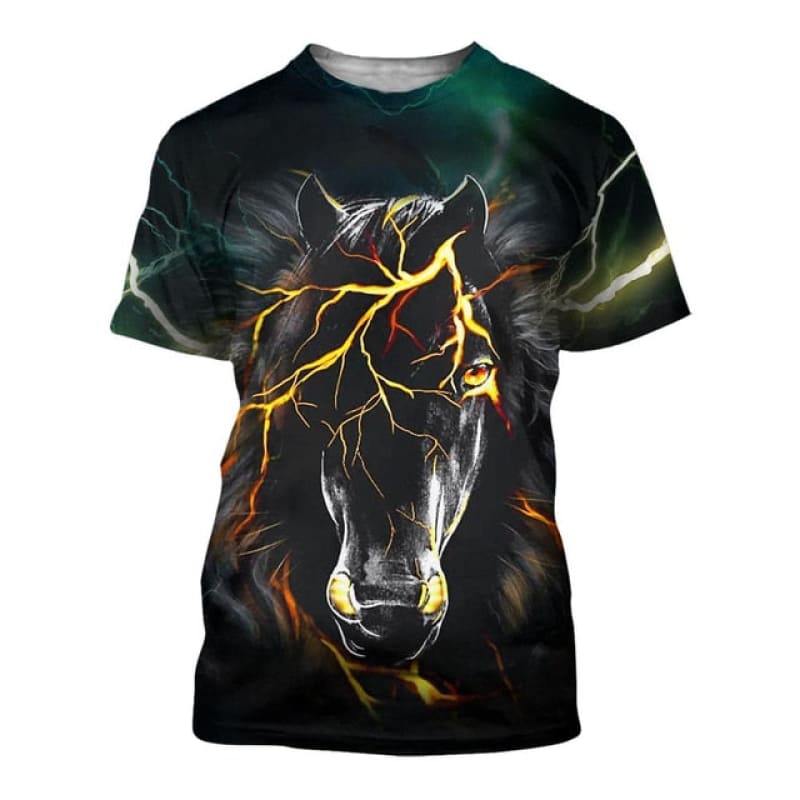

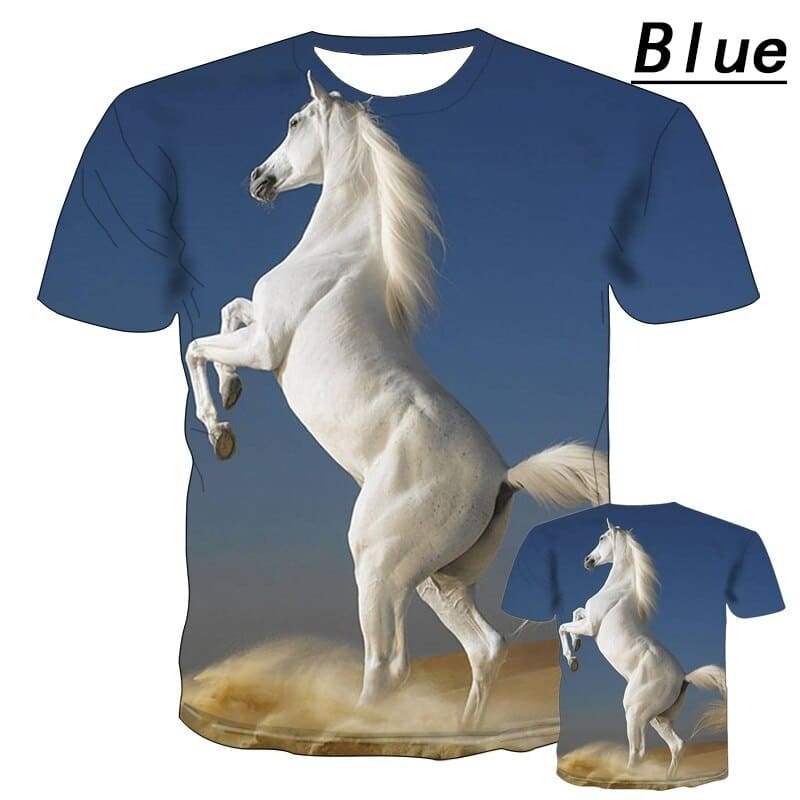







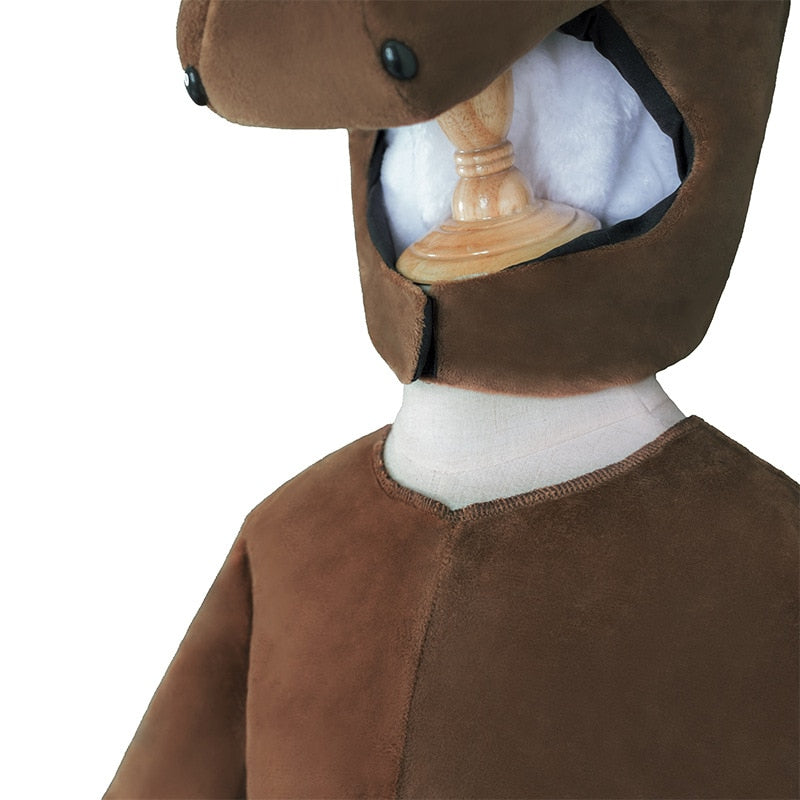
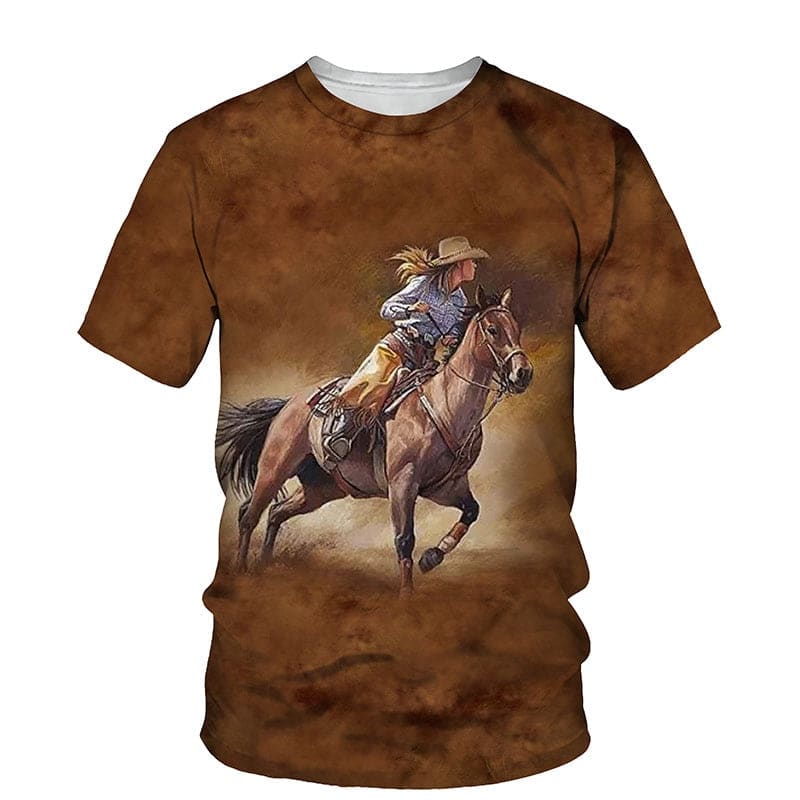





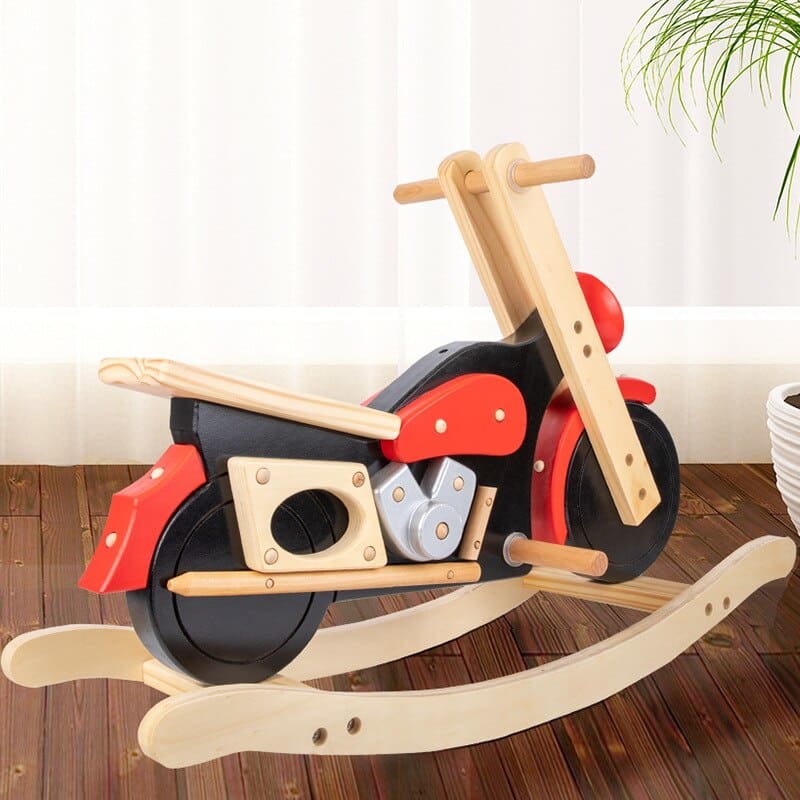

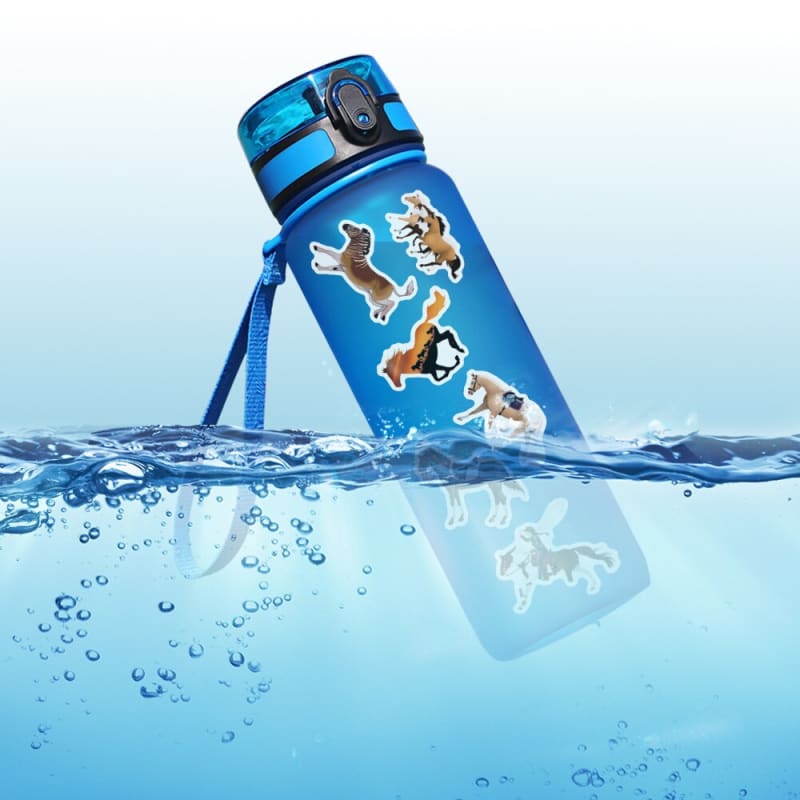
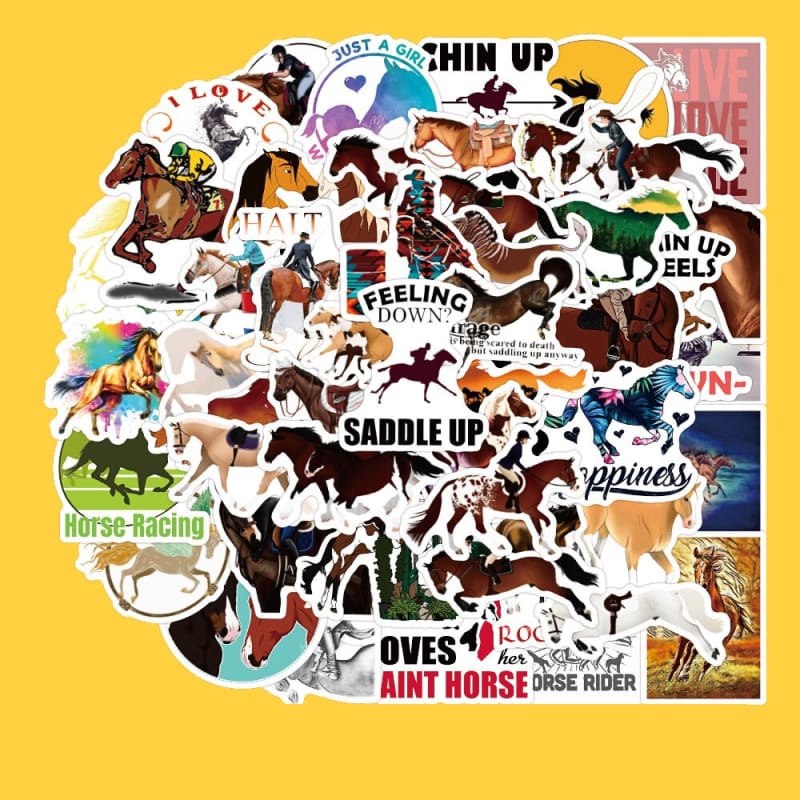





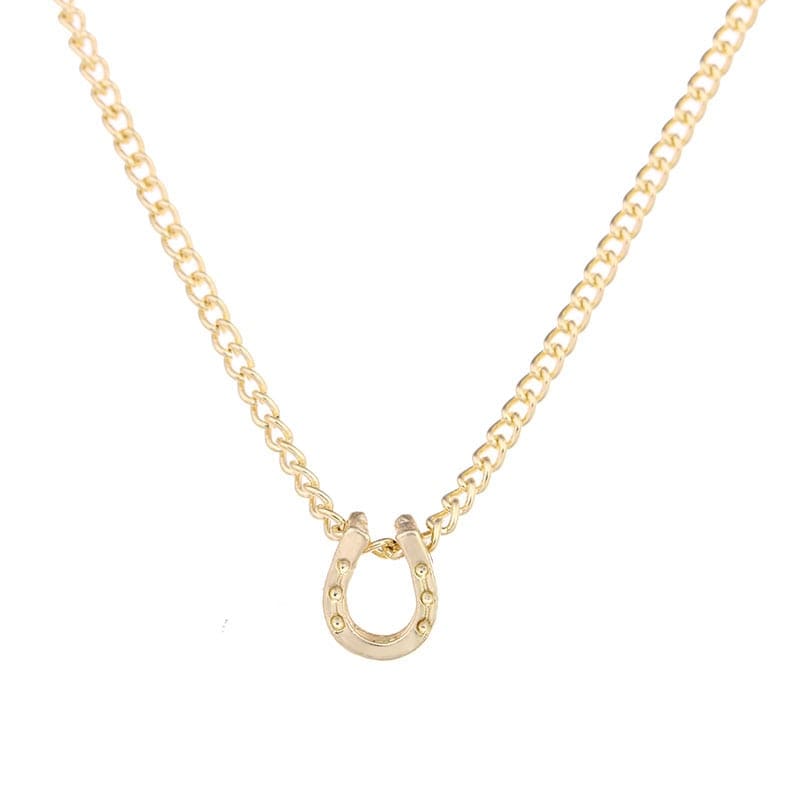

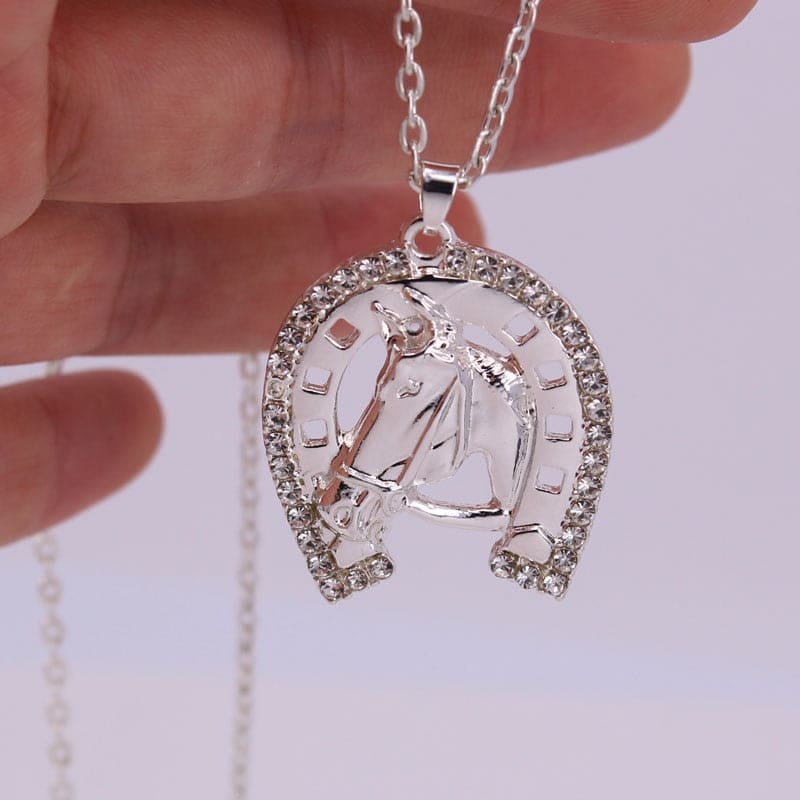
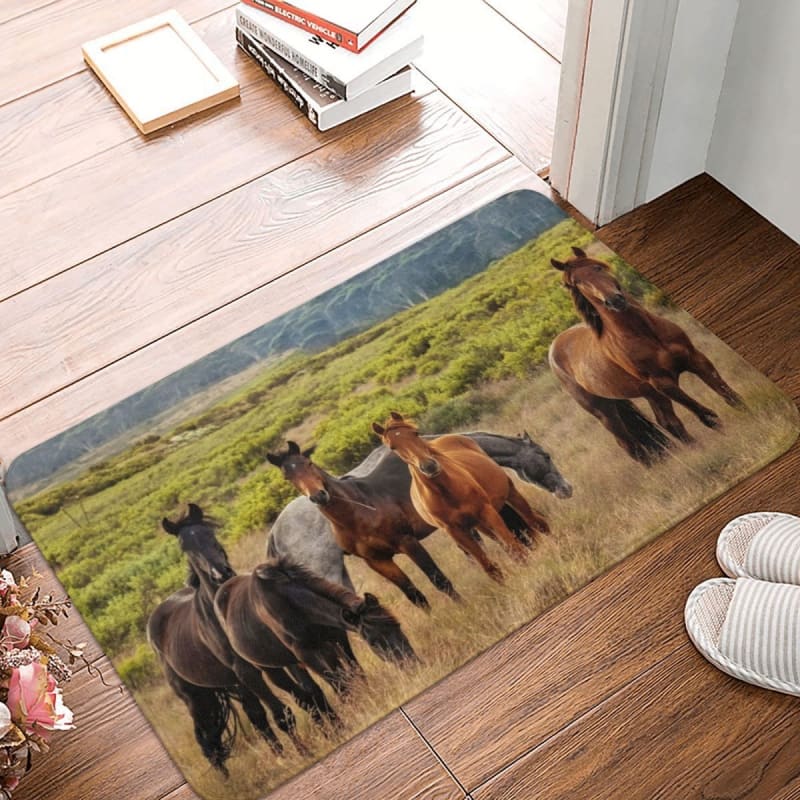





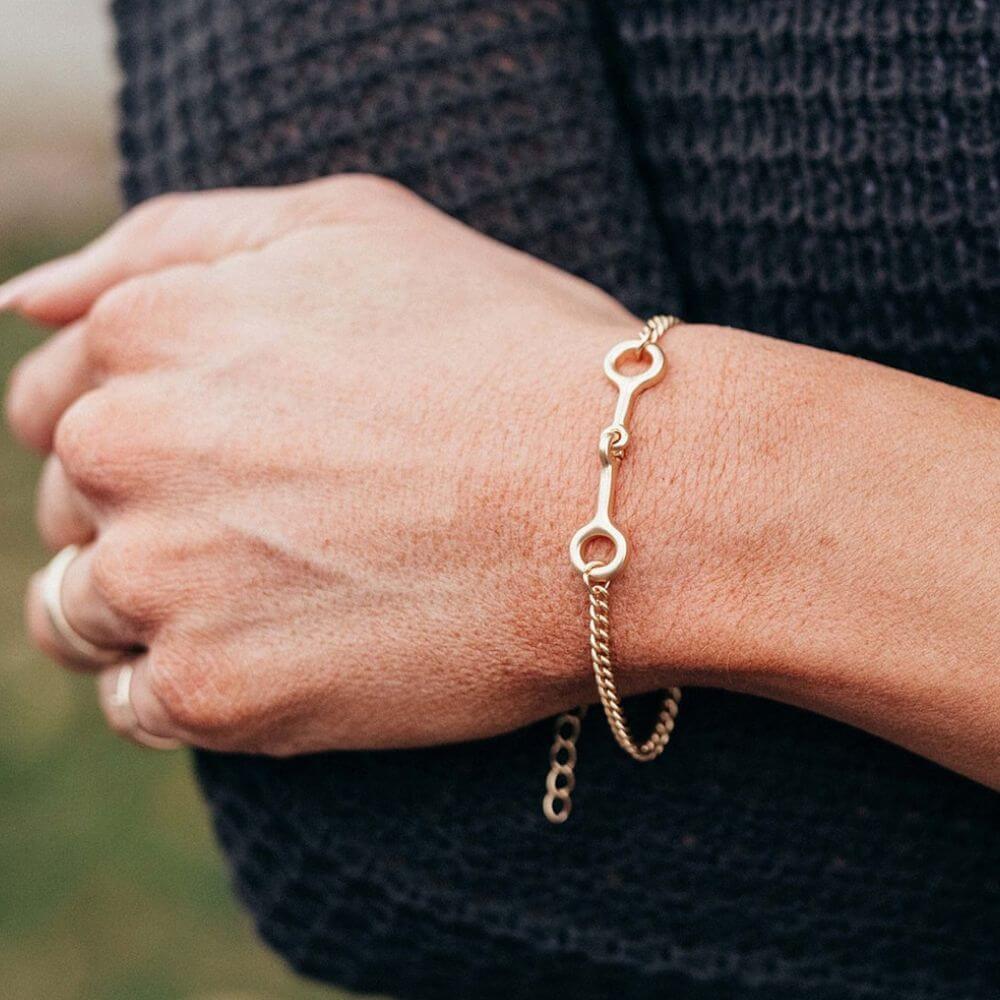


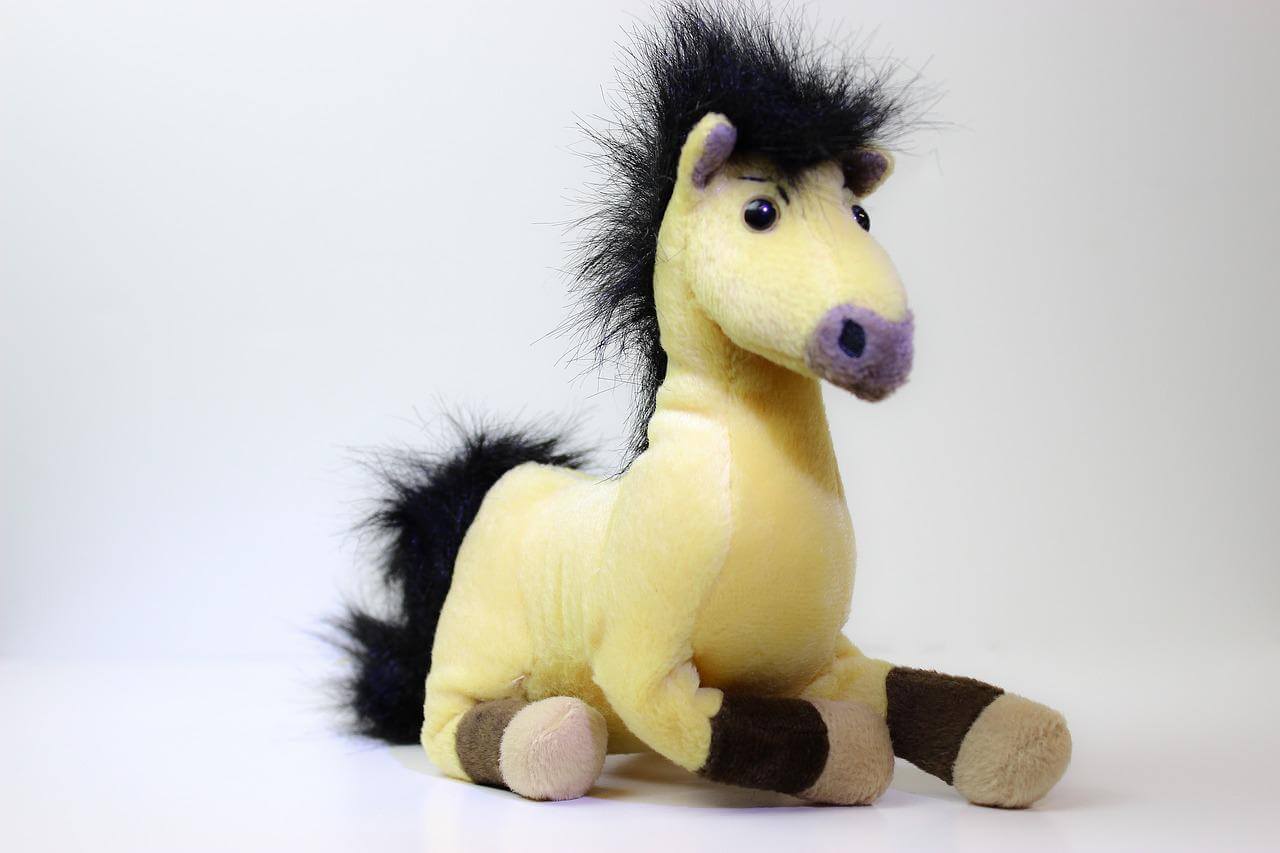
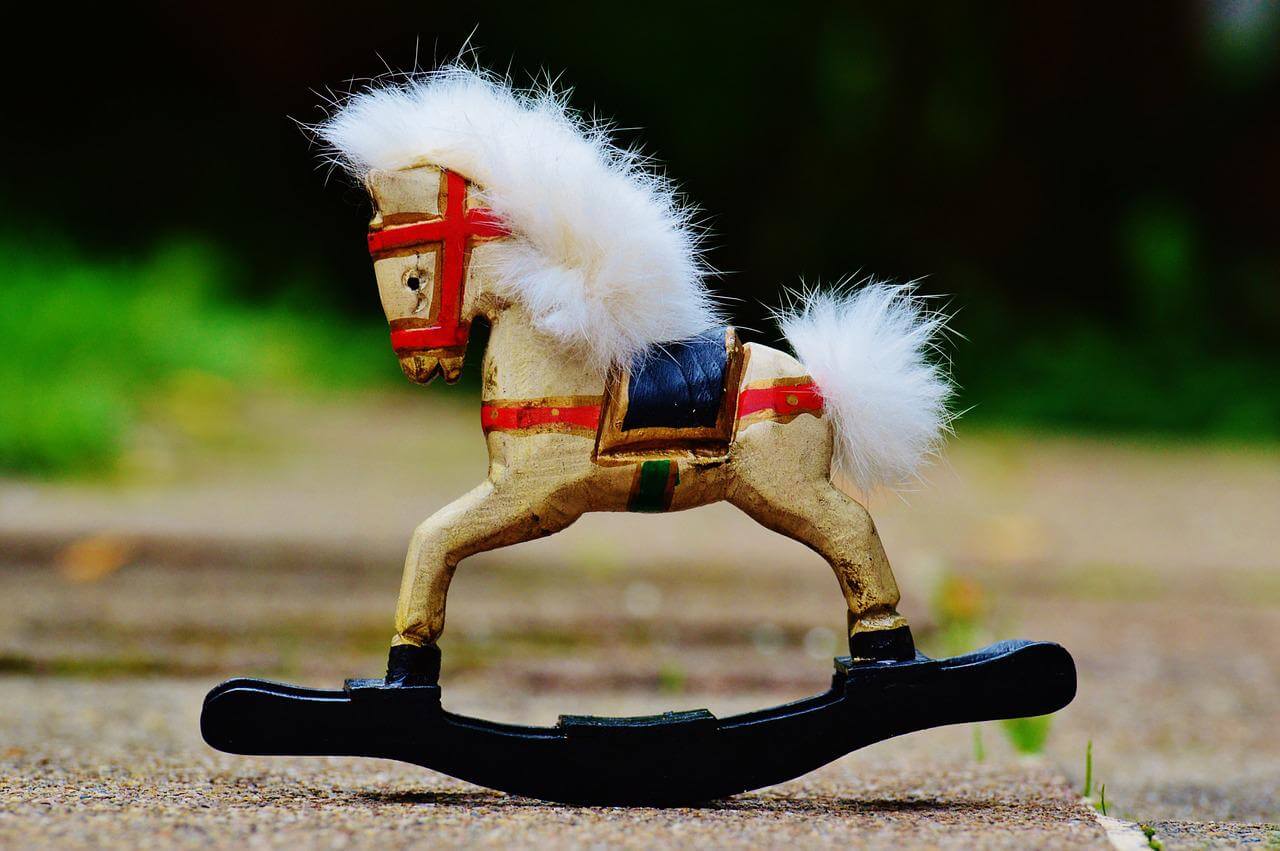
Leave a comment
All comments are moderated before being published.
This site is protected by reCAPTCHA and the Google Privacy Policy and Terms of Service apply.